Slipping into Fall (Driving with ABS Brakes)
March 10, 2024
As the weather changes over from hot to colder, drivers will have to deal with more slippery streets. And it's important to know how to drive with the brakes you have on your vehicle.
In the 1970s, anti-lock braking systems (ABS) started to be installed on vehicles and they've been a game changer for drivers. Most modern vehicles have ABS and it's important to know how to drive with them.
In older vehicles without ABS, the driver applies the brakes by pushing down the pedal. That, in turn, sends braking pressure to all four wheels at once. But all four tires don't have the same traction because the road surface they're each on isn't exactly the same.
ABS allows sensors to determine when particular wheels are slowing down more quickly. The ABS then reduces braking pressure to the wheels that are about to lock up. That way the wheel turns and the tires keep some grip. (You have to have grip to stop.) It's kind of what drivers try to achieve when they pump the older-style brakes without ABS.
Another engineered feature of ABS is that it makes sure your front wheels will continue to rotate and maintain some traction. That's important because the front wheels are used to steer, and being able to steer gives a driver more control in a quickly-changing situation. So ABS is all about stopping as fast as the road surface will allow but at the same time enabling the driver to maintain control.
ABS is designed for the driver to put steady pressure on the brake pedal and let the vehicle’s computerized system handle the braking. Pumping the pedal in a vehicle with ABS can defeat what the system is trying to do to help you maintain control.
Because stopping techniques in a vehicle with ABS are different than those without, it’s important to know which brakes you have so you can operate them accordingly.
If you have any doubt, consult your service advisor. ABS involves sophisticated technology and must be maintained in order for it to work properly. Your service advisor can recommend a maintenance schedule for you to follow so your ABS is always on the ready to help you stop when you need to.
TLC Custom Exhaust Brakes & Tires
1735 N Main St
Royal Oak, Michigan 48067
248-541-8300
http://www.tlcautocareroyaloak.com
Need Service?
More articles from TLC Auto Care

I Can See Clearly (Wiper Blade Replacement)
April 20, 2025
Warm weather can bring severe storms, and when the rain is coming down hard, that's one time you really need to be able to see as clearly as possible out your windshield. Having wiper blades that are fit for the job are important to maintain that safe view. Maybe you live in a climate where you ... More

Mercury Rising (Hot Weather Vehicle Concerns)
April 13, 2025
The heat is on, and your vehicle takes a beating when it is. Several of your vehicle's systems are under extra stress in hot weather, so here are a few to make sure are getting the care and maintenance they need. It makes sense that the cooling system is one to make sure is in top shape. Vehicl... More

The ?Man-Made? Engine Oil (Synthetic Oil Change)
April 6, 2025
If you own a newer vehicle, your vehicles manufacturer may require that it use synthetic oil instead of conventional oil. Synthetic oils are more stable, dont break down as easily, and provide better engine protection than conventional oil. All those things can prolong the life of your engine an... More










